تقع دولة الكاميرون في منطقة وسط الغرب الأفريقي وتعتبر واحدة من أكبر الدول في القارة من حيث المساحة. عاصمتها ياوندي، وهي دولة متعددة القوميات والثقافات. تتميز الكاميرون بتنوعها الجغرافي والثقافي، حيث تجتمع اللغات والثقافات المتنوعة معاً، مما يخلق بيئة دينية متنوعة أيضاً.
يصل عدد المسلمين إلى قرابة 24 % من السكان، البالغ عددهم حوالي 27 مليون نسمة حسب تقديرات عام 2021، فيما يؤكد بعض الدعاة أن أعداد المسلمين تصل إلى 50 % من السكان، ويعد الإسلام الديانة الثانية في الكاميرون بعد المسيحية.
بداية انتشار الإسلام في الكاميرون:
تاريخ انتشار الإسلام في الكاميرون يمتد عبر قرون من الزمن. بدأت الاتصالات مع العالم الإسلامي في العصور الوسطى من خلال التجارة والعلاقات الثقافية. تأثرت المناطق الشمالية والشمالية الشرقية من الكاميرون أولًا بالإسلام وبدأت تعيش تحت تأثيره. فيما بعد، توسع انتشار الإسلام إلى مناطق أخرى في البلاد بفضل الهجرة الداخلية والزيادة في عدد المسلمين.
توجد في الكاميرون مجموعة من القبائل والمجموعات العرقية التي تعتنق الإسلام، مثل الفولاني والكانوري والهاوسا، وهذه المجموعات عززت الهوية الإسلامية في البلاد.
ساهم العديد من الدعاة المحليين في نشر الإسلام، الذي أخذ طريقه نحو الجنوب، حتى فرض الاحتلال الألماني نفوذه على الكاميرون في سنة (1302هـ – 1884م)، وانتشرت البعثات التنصيرية التي استمدت سلطانها من وجود الاحتلال الألماني، في القسم الجنوبي من البلاد، و في أثناء الحرب العالمية الأولى، قسمت الكاميرون بين بريطانيا وفرنسا.
يزيد الإقبال على الدخول في الدين الحنيف، بفضل جهود الدعوة الإسلامية وسماحة الإسلام وأخلاق المسلمين وتواضعهم، حتى إن قرى وقبائل كاملة تدخل إلى إسلام دفعة واحدة.
التحديات التي تواجه المسلمين في الكاميرون:
مع انتشار الإسلام في الكاميرون، تواجه الجالية المسلمة تحديات متنوعة. واحدة من أهم هذه التحديات هي الاندماج الاجتماعي والثقافي، حيث يتعين على المسلمين التوفيق بين القيم والتقاليد الإسلامية والتقاليد المحلية. هذا يمكن أن يكون تحديًا خاصًا في بيئة ثقافية متنوعة مثل الكاميرون. كما تظهر التحديات الاقتصادية والاجتماعية أيضًا، بما في ذلك قضايا الفقر والتعليم. انعكس الفقر الشديد الذي يعاني منه المسلمون في الكاميرون، على مساجدهم ومؤسساتهم الدينية، فلا يوجد في الكاميرون أكثر من 1200 مسجد، حالة معظمها سيئة جداً، ولا يوجد دعم إلا من عدد قليل من بعض مؤسسات الإغاثة في الكويت والإمارات، التي قامت بإنشاء عدد من المدارس والمراكز الإسلامية في العاصمة ياوندي، التي يعيش فيها أكثر من 950 ألف مسلم.
أما عن المؤسسات الإسلامية فيوجد بالكاميرون المجلس الوطني الإسلامي، لجنة ترجمة القرآن الكريم، الجمعية الثقافية، وجمعية الكاميرون الإسلامية التي تأسست في سنة 1963.
دور المؤسسات الخيرية في دعم المسلمين:
من المهم أن نلقي الضوء على الدور الحيوي الذي تلعبه المؤسسات الخيرية في تعزيز الوعي الديني بين المسلمين في الكاميرون. قامت مؤسسة "إنساني" بمبادرة رائعة لدعم المسلمين في هذا البلد من خلال حملة توزيع ١٠٠٠ مصحف.
تقوم هذه الحملة بتوزيع نسخ من القرآن الكريم على المسلمين في مختلف مناطق الكاميرون. تعتبر هذه الخطوة مهمة لأنها تشجع على تعزيز القيم والمبادئ الإسلامية بين المسلمين وتقدم لهم وسيلة لفهم دينهم بشكل أفضل. القرآن هو مصدر رئيسي للتوجيه والتعليم في الإسلام، ولذلك يعتبر توزيع نسخ منه أمراً في غاية الأهمية.
بالرغم من التحديات التي تواجهها الجالية الإسلامية في الكاميرون، إلا أنها تستمر في تعزيز قيمها ومساهمتها في بناء المجتمع الكاميروني. تعكس تجربة الإسلام في هذا البلد التنوع والتطور في المشهد الديني والاجتماعي، وتشير إلى أهمية الحوار والتفاهم بين المجتمعات المختلفة لبناء مجتمع أكثر تنوعاً وتعددية.
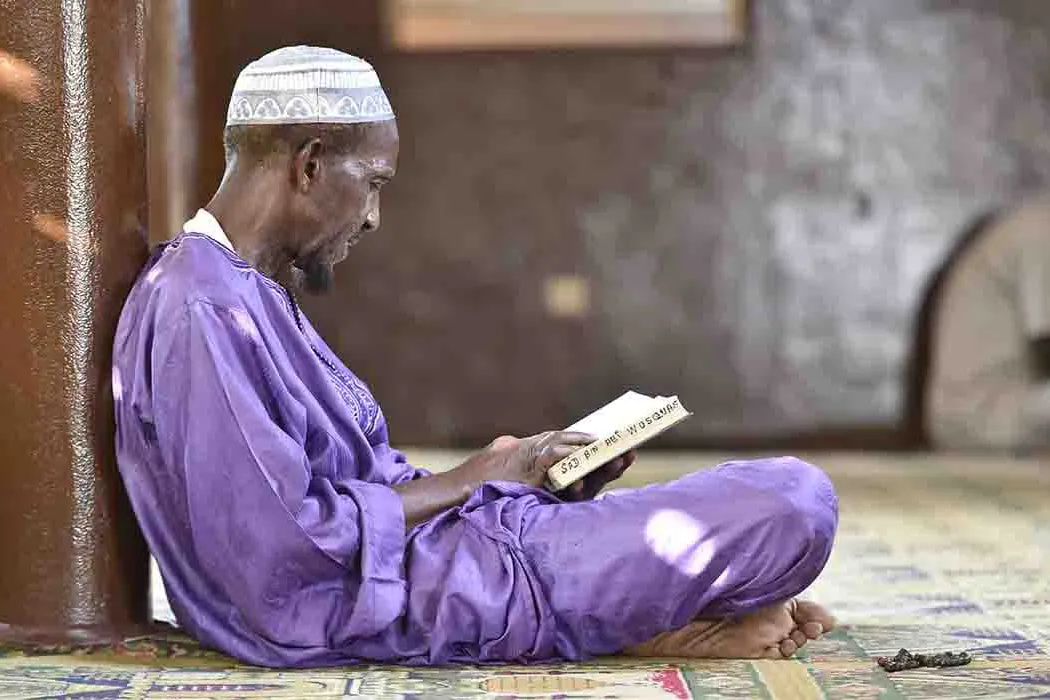
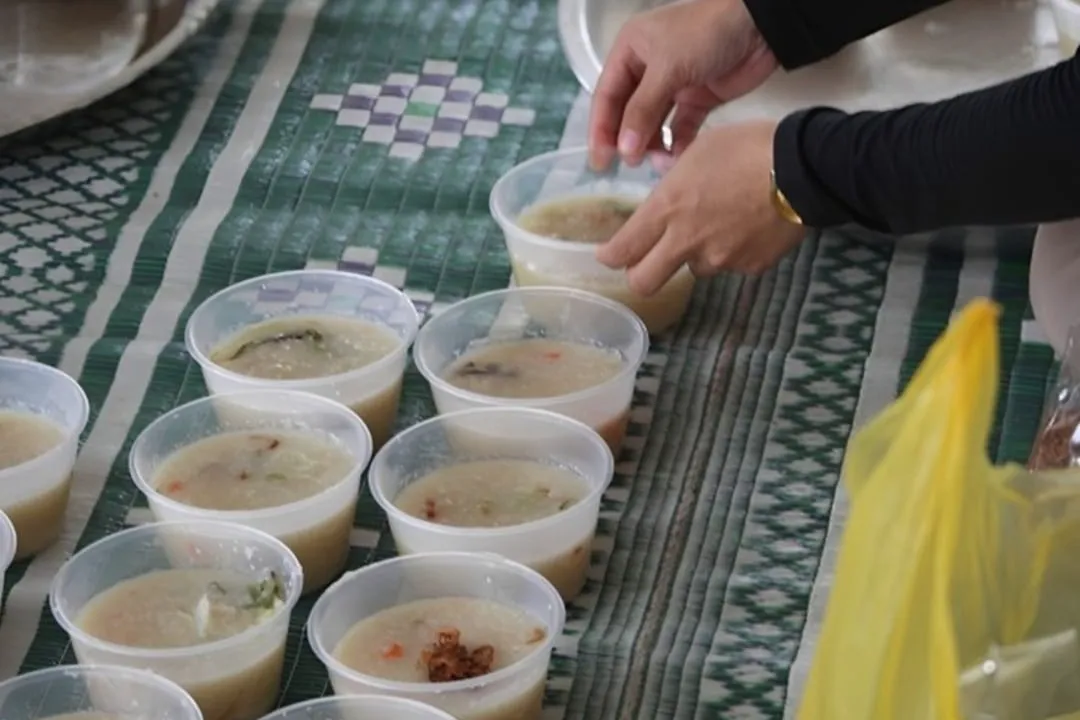
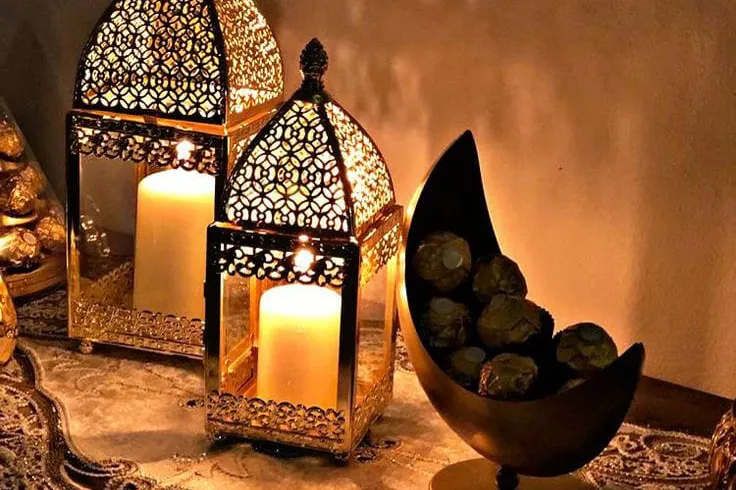
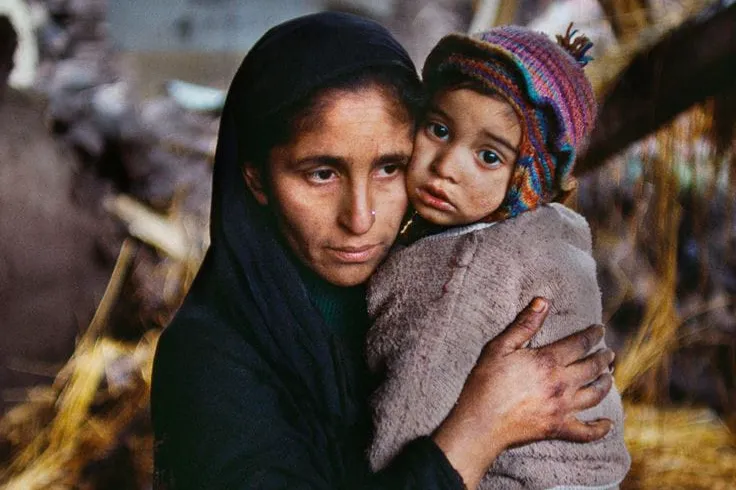
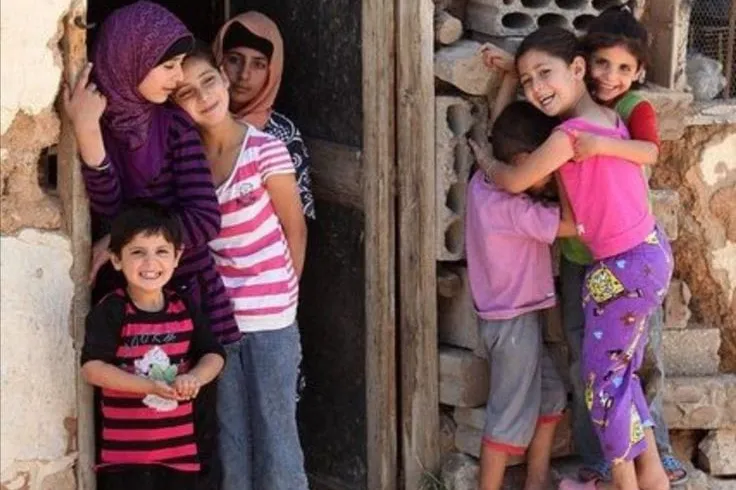
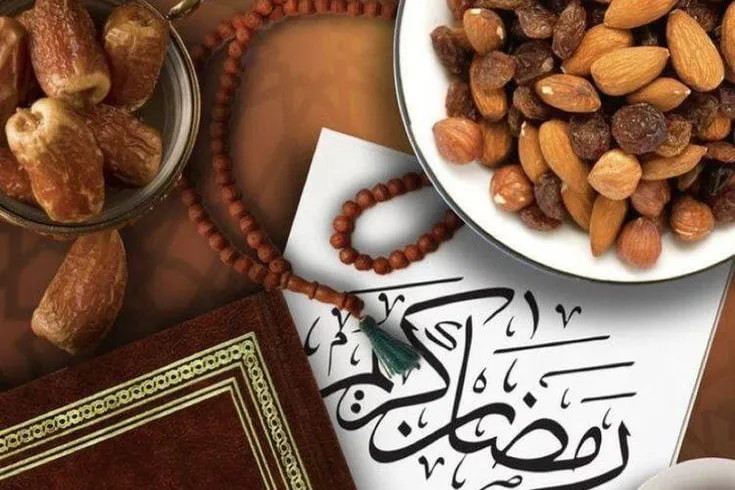





-white.svg)